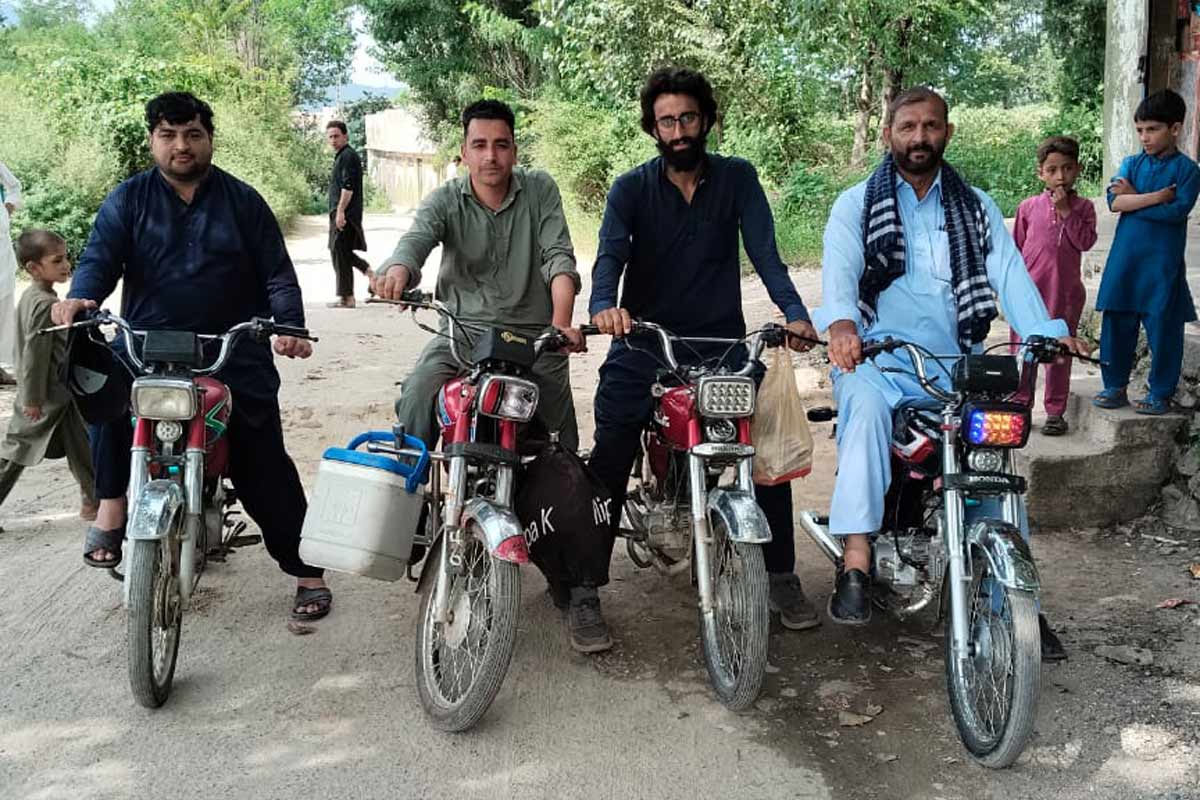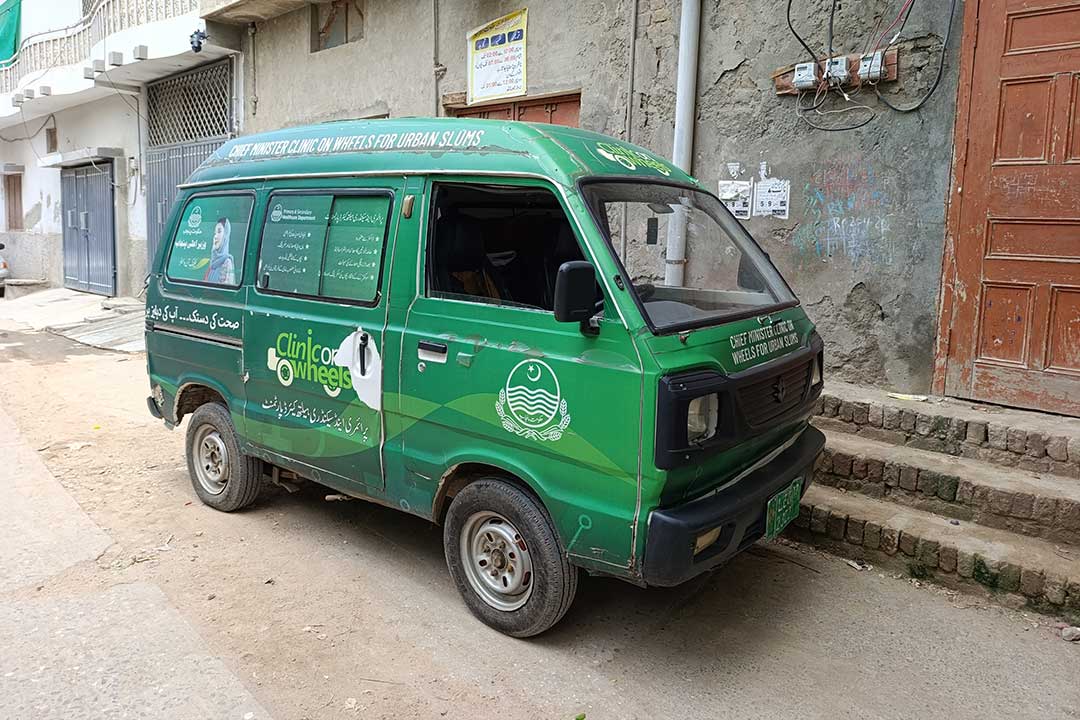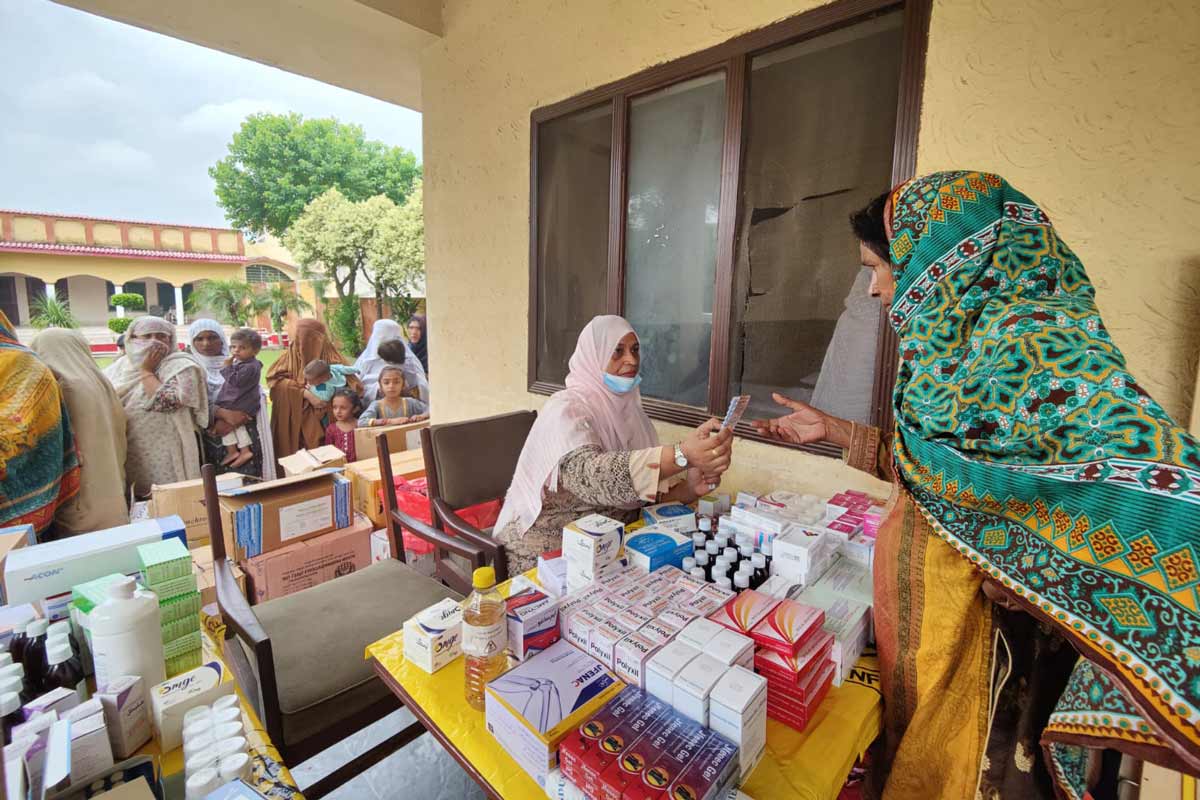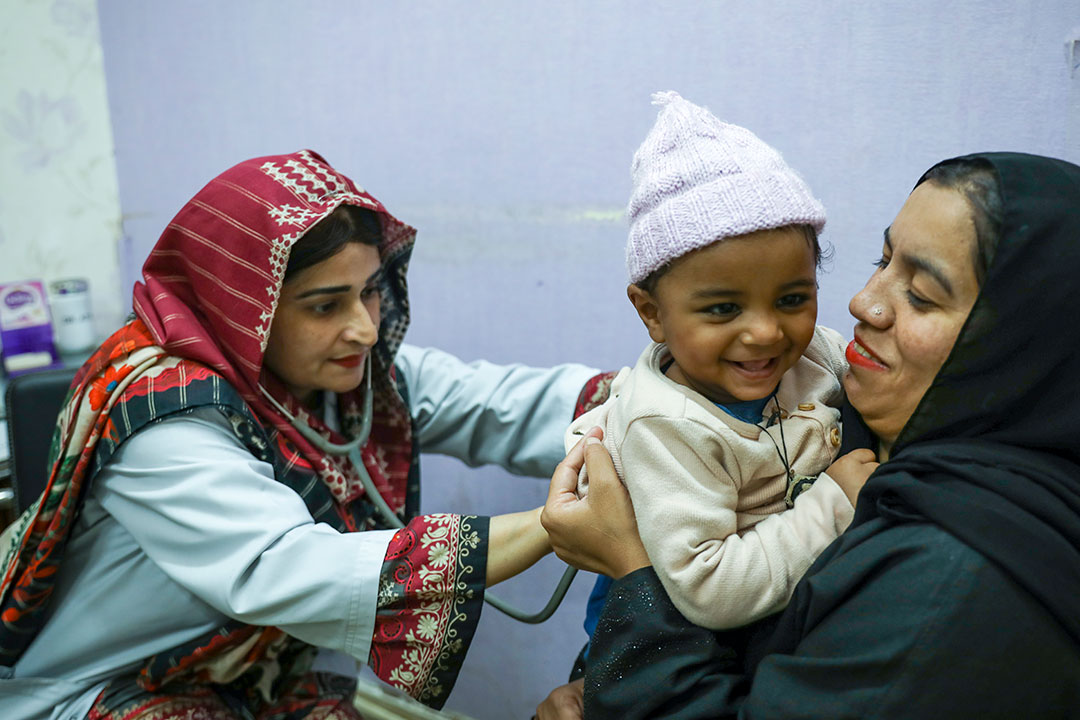How Punjab in Pakistan boosted its vaccination coverage
Five years ago, only 60% of the children living in Pakistan’s most populous province could claim to be fully protected against vaccine preventable diseases. Today, it’s almost 90%. VaccinesWork spoke to health leaders, frontline workers, and mothers to learn what went right.
- 16 August 2023
- 6 min read
- by Rahul Basharat Rajput
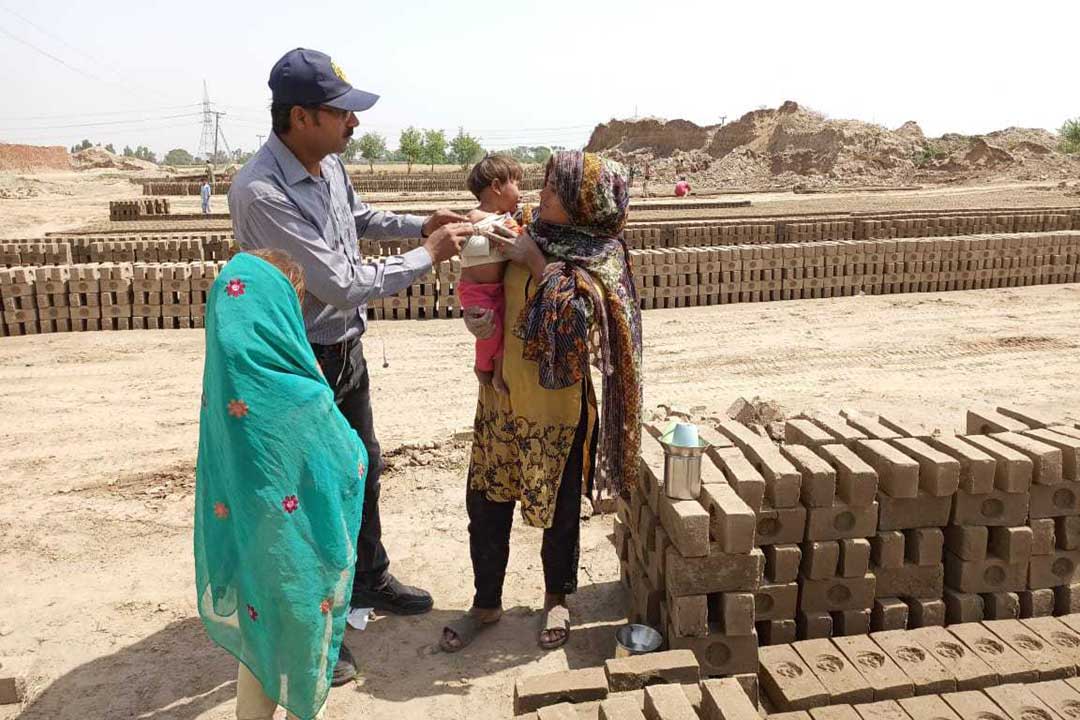
Saima Saleem, 35, gave birth to her son, Naseem Ahmed, in a private hospital, but took him to the government-run hospital in Hasan Abdal, a town in the north of Pakistan's Punjab state, for his first vaccinations. "It is the government's instruction to vaccinate our children because [it] protects their life," said Saleem.
The queue, she recalls, was long, but that was no deterrent. The government provides free-of-cost vaccines for the better health and safety of Pakistan's children, Saleem told VaccinesWork, so there was no question of leaving: she got in line and waited.
“There is always room for improvement, but vaccination campaigns on the ground, traditional and social media have also broken the myths about vaccines, largely due to which parents were reluctant to vaccinate their children.”
– Prof Dr Javed Akram, Minister of Health for Punjab state
Punjab, Pakistan's most populous administrative unit, with a population of around 110 million at 2017's census, and growing at about 2.13%, is also the country's most thoroughly vaccinated, leading the remaining three provinces by a considerable margin.
Dr Mukhtar Ahmed Awan, , told VaccinesWork that the 2022 Third-Party Verification Immunisation Coverage Survey (TPVICS) conducted in collaboration with the World Bank and Agha Khan University – the latest report of its kind – revealed that Punjab province achieved nearly 89% routine immunisation coverage against 12 vaccine-preventable diseases.
"It means from every 100 children, 89 of them in the region are fully vaccinated against vaccine-preventable diseases," Dr Mukhtar clarified.
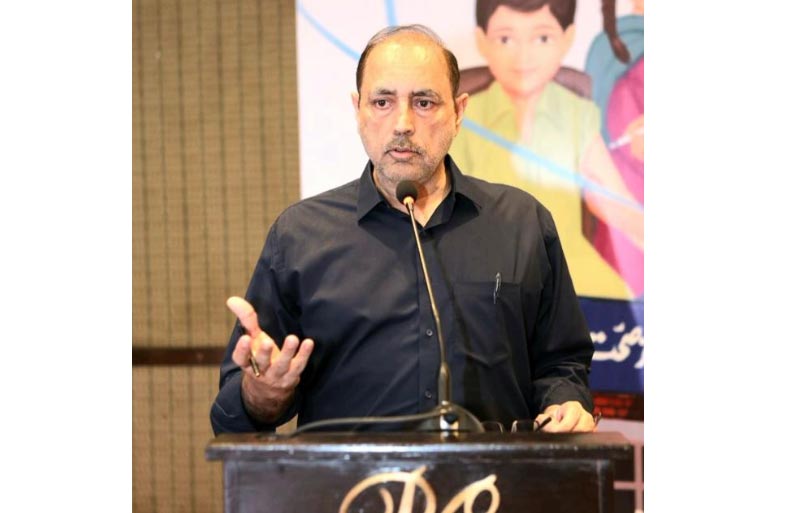
Credit: Rahul Basharat
The province leads its neighbours by a considerable margin on the proportion of Fully Immunised Children (FIC). Sindh, boasting 68% full coverage, trails, followed by Khyber Pakhtunkhwa with 60.5%, and Baluchistan with 37.9%.
Dr Mukhtar said only five years ago Punjab's FIC rate was much lower – hovering at just 60% - so last year's achievement represents an impressive step forward.
The data also revealed that Punjab province also has the lowest percentage of zero-dose children – those who have not received so much as a single dose of the basic pertussis, diphtheria and tetanus containing vaccine – with that figure standing at an encouraging 0.9%.
Punjab's provincial EPI targets immunising 3.39 million children aged 0-23 months annually. That starts, according to Dr Mukhtar, in the labour rooms of government hospitals right after the delivery of the child. But it certainly doesn't end there.
He said around 280,000 children are born every month, and the EPI programme activates a number of mechanisms in their efforts to reach the maximum children.
Dr Mukhtar told VaccinesWork that the programme conducts a massive roll-out of vaccines in every nook and corner of the province – in both urban areas and rural zones, where barely a government dispensary is available.
Ulfat Bibi, a frontline vaccinator in Punjab’s Attock district, says the long queues in the health centres on vaccination days are positive signs that people are serious about immunisation of their children.
He said the government's Lady Health Visitors (LHV) and its Polio Eradication Program (PEP) are used to reach both fixed immunisation sites – like clinics – and ad hoc outreach sites to make vaccines easily available to as many children as possible.
DHS Punjab also pointed to investments in human resources: the programme regularised 2,000 job posts for vaccinators, and created 1,300 new posts in the 2022-23 period, adding that more than 260 new EPI centres were opened in low-access areas, and evening shifts were instituted in government health facilities to make vaccines more accessible to families on restricted schedules.
Have you read?
"Each vaccinator pays seven to eight visits to [each outreach] site in 18 months, resulting in vaccination of approximately 1.8 million children a month," said Dr Mukhtar.
He noted the important role international partners – including the World Health Organization, Gavi, and UNICEF – played in achieving such a high percentage of FIC in the province and the country.
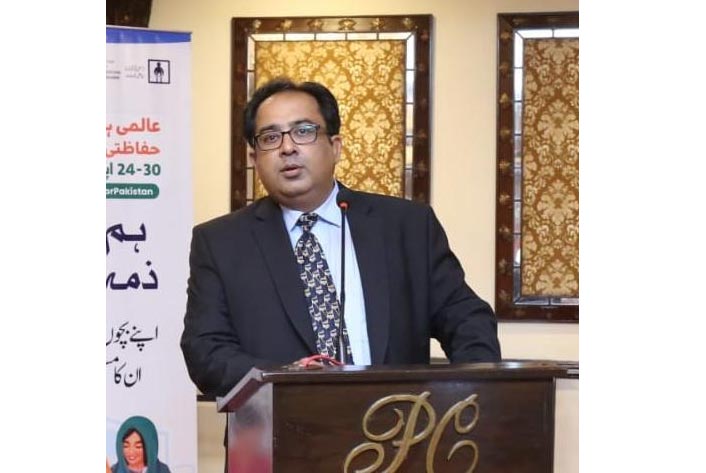
Credit: Rahul Basharat
On the ground, UNICEF supports demand generation, awareness, and communication activities, explained Consultant for Communication and Development to UNICEF-EPI Punjab, Aqeel Sarfraz.
"It also trains vaccinators to improve their communication skills and conducts sessions at the community level to convince parents to bring their children for vaccination," said Sarfraz, adding that the organisation further supports vaccine logistics.
New moves towards more public-private integration also promise to broaden access. "Recently we provided free-of-cost vaccine in a private hospital of Lahore – provincial capital of Punjab – on an experimental basis. Similarly, we established vaccine centres in a few private health facilities for vaccination after the birth of a child, " he said.
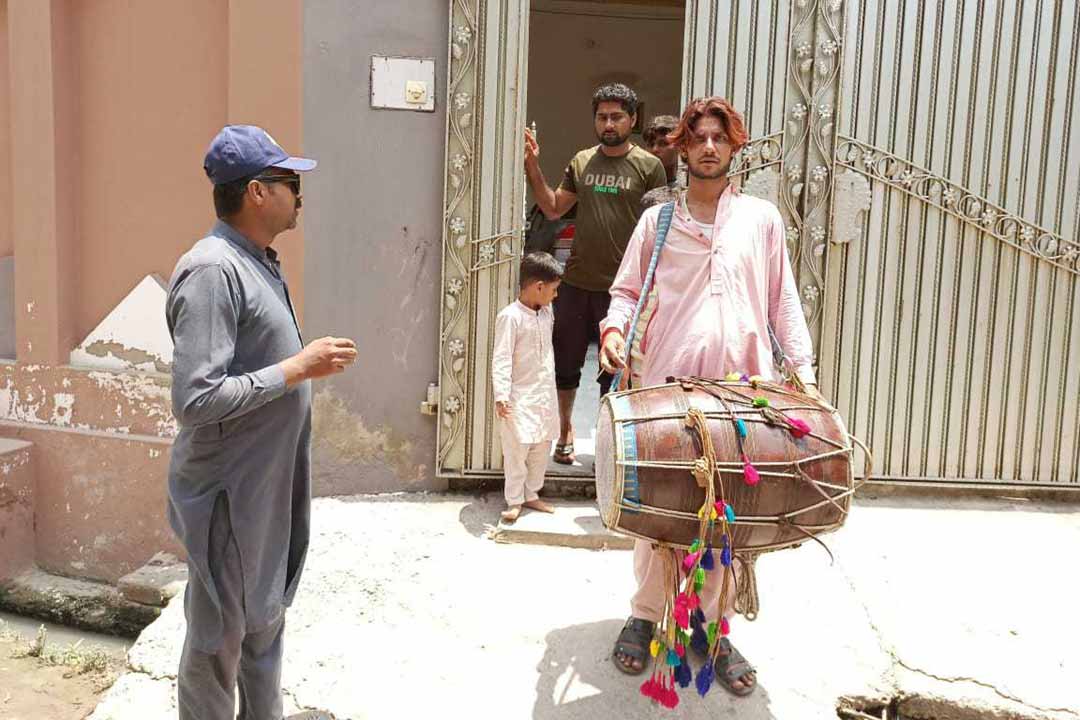
Credit: Punjab Expanded Program for Immunization.
That initiative remains relatively small-scale, he said, adding that expansion of the programme calls for a scale-up of the complete system, including providing cold-chain facilities, ensuring its free-of-cost administration, and supervision.
"We have started it from Lahore, and hopefully will expand it to other cities also," said Dr Mukhtar.
Health Minister for the province of Punjab Dr Javed Akram told VaccinesWork that immunisation coverage against vaccine-preventable diseases has improved remarkably, as a result, principally, of increased awareness of vaccination, and improved availability of vaccines.
"There is always room for improvement, but vaccination campaigns on the ground, traditional and social media have also broken the myths about vaccines, largely due to which parents were reluctant to vaccinate their children," said the provincial health minister.
Dr Javed Akram said his province aims to reach 95% full immunisation coverage within the next five years.
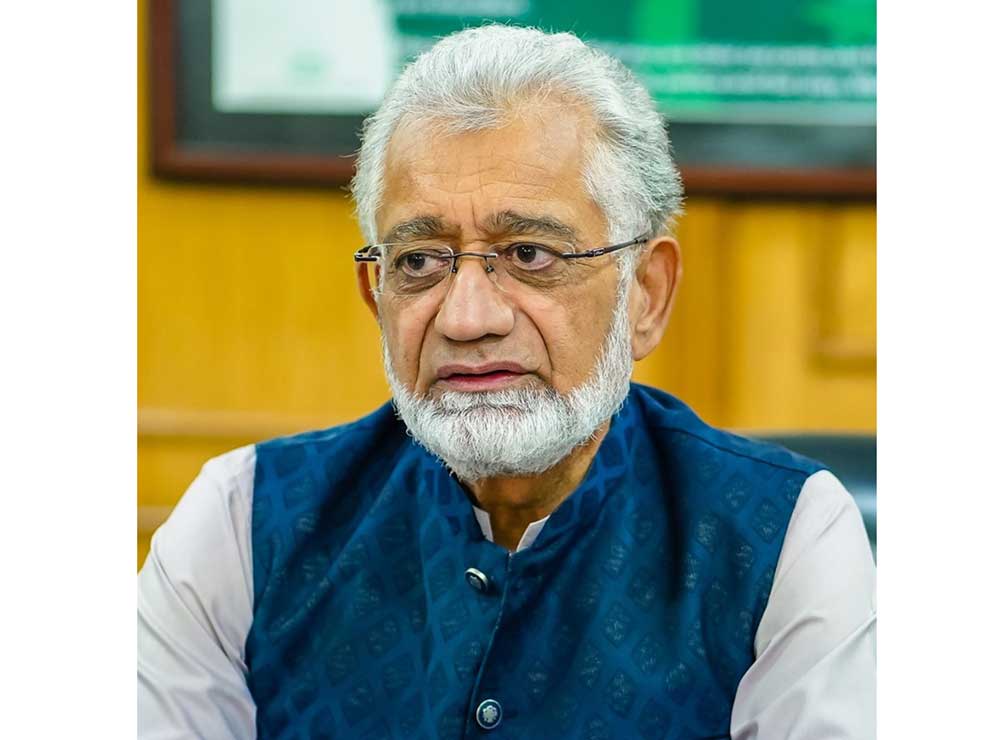
Credit: Rahul Basharat
He said the digitisation of vaccination through gadgets is providing real-time data, aiding planning, and also ensuring transparency during the vaccination campaigns on fixed and outreach sites.
"International partners and frontline vaccinators deserve much credit for achieving this high percentage of immunisation in the province," said Dr Akram.
Ulfat Bibi of Attock district, one such frontline vaccinator, credits a shift in attitudes among the people for Punjab's recent successes. She believes that there has been a notable behavioural shift towards vaccination.
I believe in vaccination because I know many lost their lives recently as [they] were not vaccinated against measles.”
– aima Saleem, mother of Naseem Ahmed
She said there was a time when less-developed areas with low literacy rates were avoiding vaccination because of myths, but now people from such areas bring children for vaccination to the government hospitals.
Bibi said the challenges are not over. But the long queues in the health centres on vaccination day are a positive sign that people are serious about immunising their children.
"This shows the confidence of the communities in vaccines," said Bibi.
Meanwhile, as Saima Saleem arrived at the front of her queue, Naseem received his first round of vaccines. It won't be his last: like nearly 90% of Punjab residents, she is determined that her son will complete his full course of routine immunisations."I believe in vaccination because I know many lost their lives recently as [they] were not vaccinated against measles," said Saleem.
